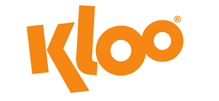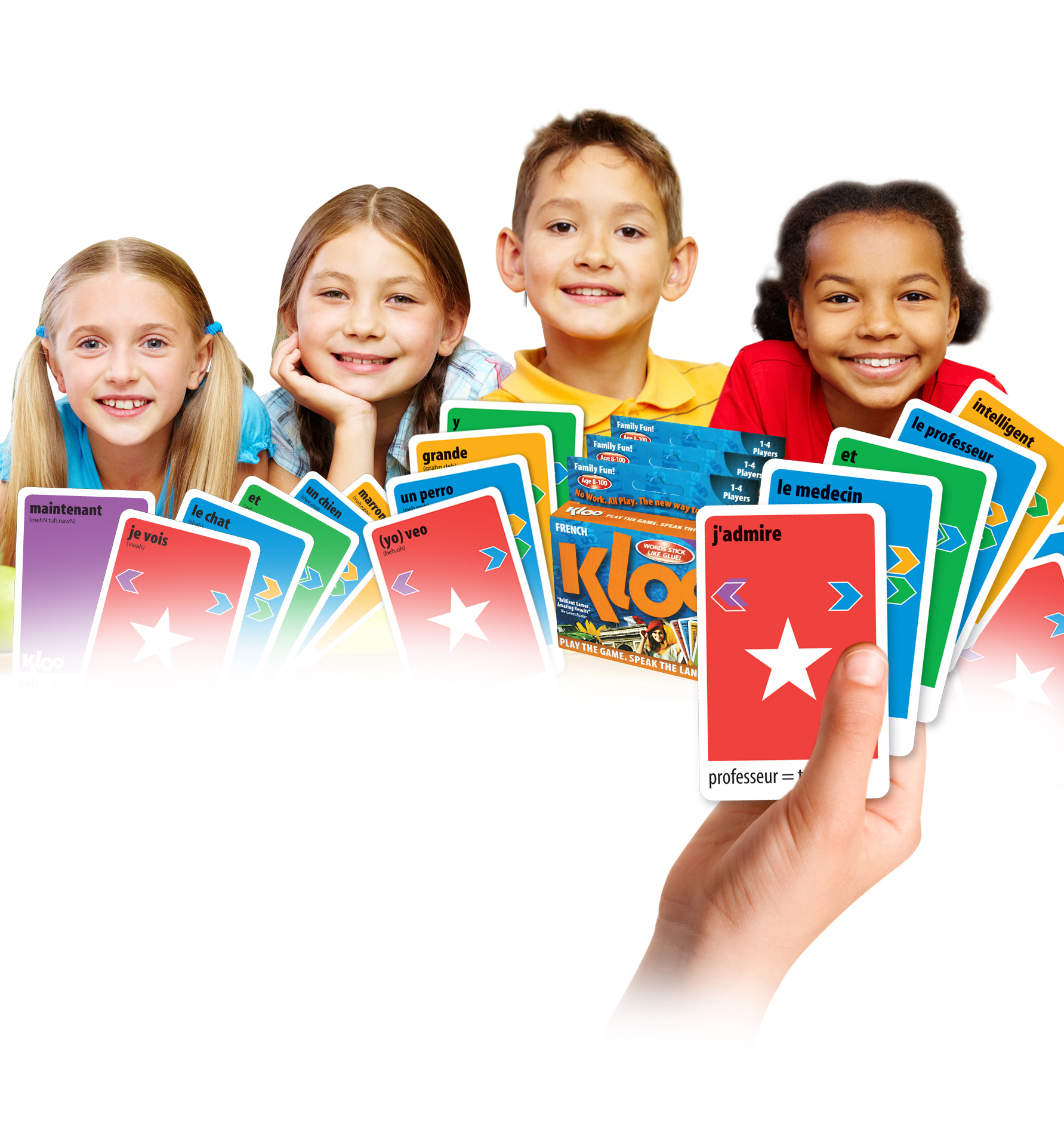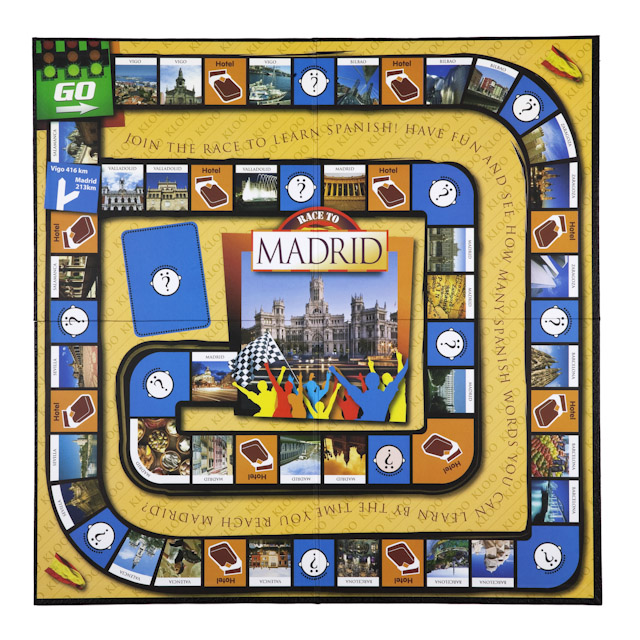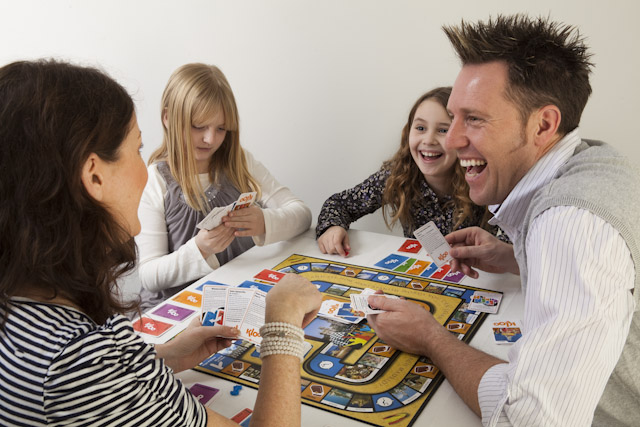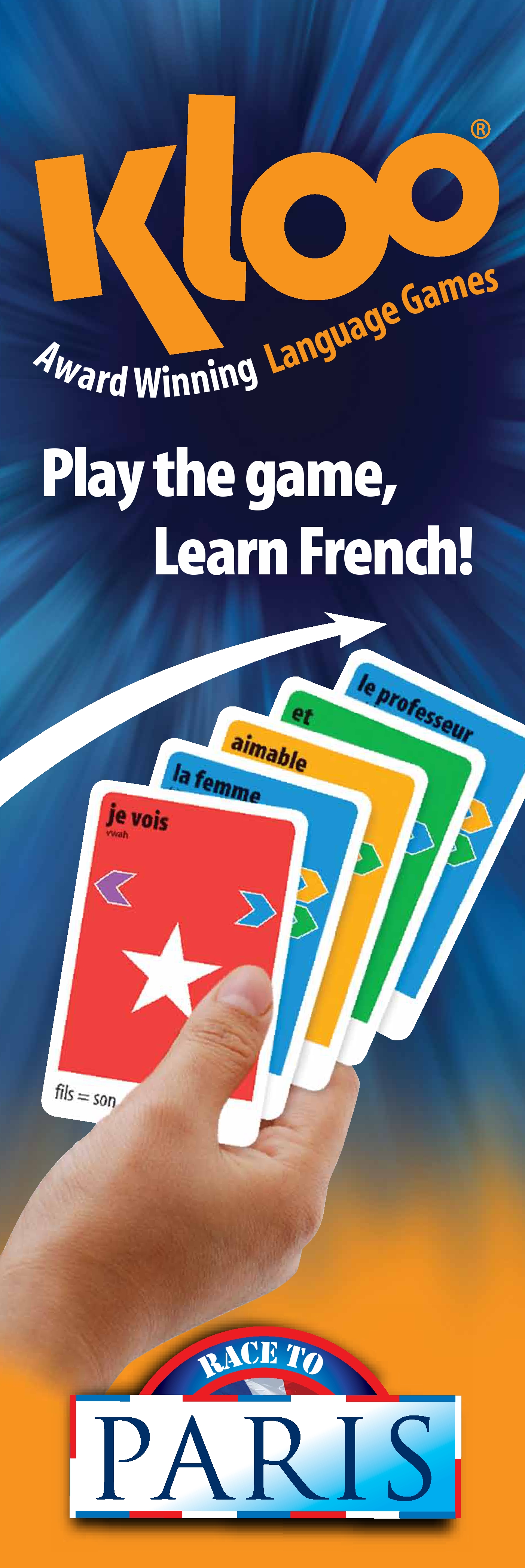Medical Dramas and Learning a Language go together!
Ciao!
I am just back from our family on the Amalfi Coast. We stayed at a place called San Marco. Era bellissimo! If you haven’t been there – I can recommend it – it is as beautiful as all the post cards.
If you follow my blog, you will know my wife is Italian and I am a keen Italian learner. While there I tried to make the most of the opportunities to learn. There were the usual polite exchanges with reception in the hotel, with the waiter when ordering food, asking for directions etc. I also read an Italian book on my kindle – an excellent way to learn. In addition, I read my Berlitz Conversational Italian Book…again useful. The best experience however was unexpected and the most satisfying.
A medical drama in Italy – language skills to the rescue
My daughter Sasha developed an ear ache – OK, it’s not a life and death situation. However being prone to ear aches myself I know how painful they can be – and when you are just 12 years old – even worse. Usually my wife would take over in a medical situation in Italy – but I wanted to handle it. I spoke with reception, arranged an appointment with the doctor who was based at the local farmacia. When there, I had to explain the relationship with my daughter and what she was suffering from. The doctor would then ask me questions to ask Sasha – she would reply and I translated back. It was the most satisfying language experience. To be able to hold my own in a fairly technical conversation was very rewarding.
To top it all off, Sasha received antibiotici which seemed to clear up the infection in double quick time….and Sasha said I was really good at speaking Italian!!
Jump into Difficult Language Situations
When learning a language, it is too easy to stay in our comfort zone..say the usual things and when in doubt revert to English. To get a real kick out of your language try putting yourself in a situation where you need to dig a bit deeper. All the better if English is not understood…you’ll be surprised at how you fare…
For a fun way to learn a language consider playing KLOO – invented for my own children
Hundreds of words, thousands of sentences, lots of fun.
Related articles
- What’s the best language for going on holiday? (languagepie.wordpress.com)
